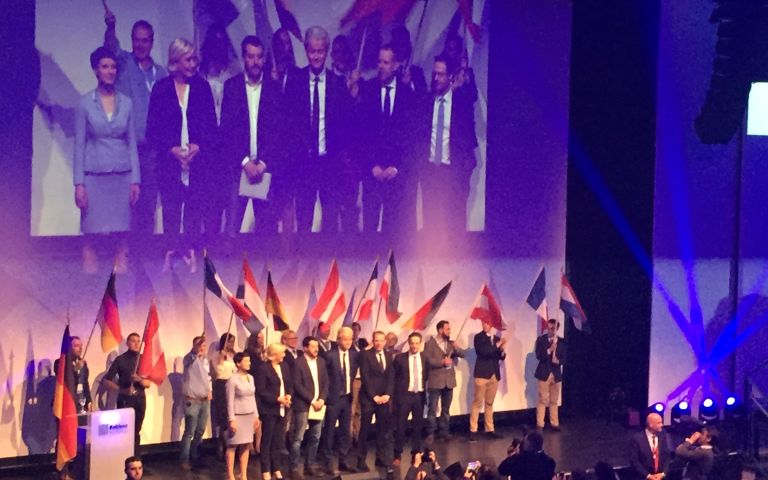Since Britain voted to leave the European Union in June, 2016, elections in Austria and Italy have also brought to power governments that have promised not only to put an end to immigration, but to "protect European civilization." In Poland, a party that played on this theme took office in 2015. In Germany, where right-wing nationalism was taboo until very recently, such a party entered the parliament for the first time in 2017. And in France, where Emmanuel Macron defeated the far-right Marine Le Pen in 2017, much of Macron's politics has been crafted with an eye toward keeping nativism at bay.
The spread of this style of politics must be recognized as more than a trend; it's a kind of revolution. Though each country's version is specific to its own history and ideological mix, it is being broadly referred to as “identitarianism”—a mixture of conservative and nationalist politics, that even some leftists are beginning to ascribe to, based in the reassertion of “European” or Christian identity as a defense against the perceived cultural threat of immigration from the Middle East.
This project will probe the roots of this political phenomenon in several different countries, the complexities of the emotions behind it, and the atmosphere it is creating.

